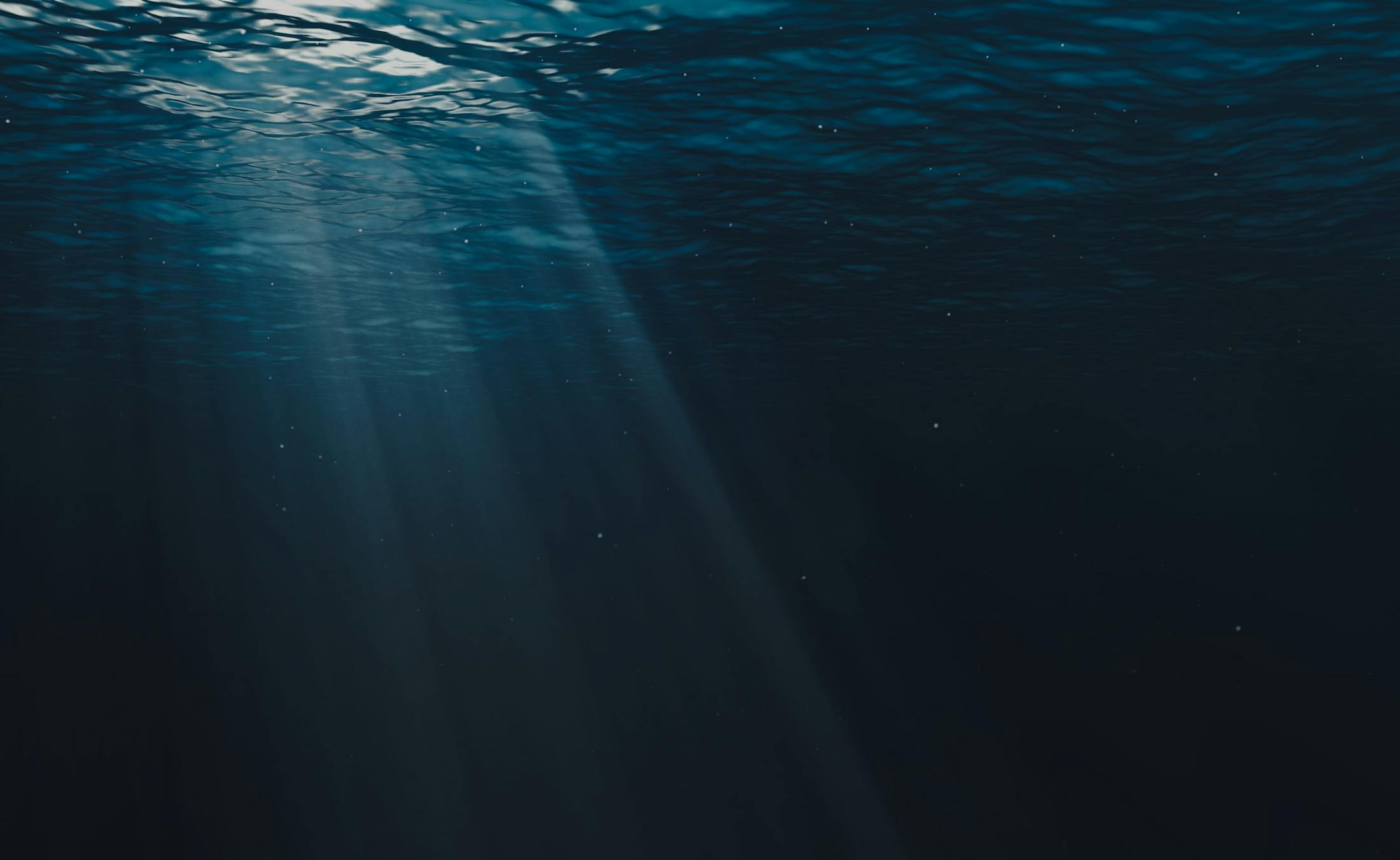According to a recent report from Marine Insight, a scaffold builder suffered a fatal fall from a Kiewit Offshore Services platform on October 1, 2022. The accident happened in the La Quinta Channel in Corpus Christi Bay, which connects to the Gulf of Mexico. Marine Insight reports that “[b]y 1:45 p.m., the Coast Guard officials in Corpus Christi got a call that an individual had fallen off a Kiewit Offshore Services platform and into the La Quinta Channel,” and “[d]ivers found the body close to 5:30 pm, per the Coast Guard.”
Somewhat unusually, Marine Insight notes that “With a tool belt and safety harness, the individual was wearing a manually inflatable life jacket, the Coast Guard mentioned. But once they decided to go into the water, they did not resurface.”
But, regardless of what happened and why, this incident serves as a stark reminder of the dangers of offshore work. These dangers exist not only for platform and rig workers but for contractors whose jobs involve constructing and deconstructing offshore platforms and rigs as well.
What Companies Can (and Should) Do To Protect Offshore Workers
As of yet, it is not clear why this fatal accident occurred. If the victim was wearing a safety harness as reported, this harness should have been fixed to the scaffold—and this should have prevented the fatal fall. Likewise, if the victim was also wearing a manually inflatable life jacket as reported, the victim should have been able to inflate the life jacket upon entering the water, assuming the victim was conscious at the time.
These factors raise several questions, and they point to several potential factors that may have caused—or contributed to causing—the fatal accident. For example:
- Proper Use of the Safety Harness – Safety harnesses can only save lives if they are used properly. If a worker is properly clipped or tied into a fixed anchor, then the worker should not be at risk of falling into the water. Unfortunately, many falls occur because offshore workers haven’t received adequate training or are discouraged from prioritizing their safety over working as efficiently as possible.
- Adequate Training Regarding Water Entry – It is also extremely important that offshore workers receive adequate training regarding water entry. Entering the water unexpectedly, especially from a significant height, can be a frightening and disorienting experience. As a result, offshore workers need to have adequate training so that returning to the surface (and manually inflating their life jackets, if necessary) is second nature.
- Safety Harness and Life Jacket Maintenance – Safety harnesses and life jackets have a shelf life, and this shelf life can be shortened significantly if a safety harness or life jacket is not properly maintained. Inadequate maintenance can cause various types of failures, and these failures can put offshore workers in extremely dangerous and often life-threatening situations.
- Use of an Automatically Inflating Life Jacket – While manually inflatable life jackets remain common, automatically inflating life jackets are also available. These life jackets inflate when either a water-soluble tablet dissolves or a water pressure sensor activates the inflator. Especially when offshore workers are at risk of falling from a significant height (and potentially being rendered unconscious upon impact with the water), there is virtually no excuse for an offshore company to fail to provide these automatically inflating vests to its workers.
- Adequate Supervision During Work – When offshore workers are at risk of falling into the water, adequate supervision during work is critical as well. Along with reporting all falls immediately, supervisors should seek to prevent falls by identifying issues such as workers failing to attach their safety harnesses to scaffolding other structures.
With these potential factors in mind, there are several steps that offshore companies can—and should—take to protect their workers’ safety generally. For example, injured offshore workers and families who lose loved ones in fatal offshore accidents will often have a maritime injury and wrongful death claims based on:
- Inadequate training
- Inadequate supervision
- Failure to provide appropriate safety equipment
- Failure to properly maintain safety equipment
- Deficient emergency response procedures
To be clear, at this point it is not known (at least publicly) why the scaffold worker died in this particular case. It is entirely possible that the victim’s employer did everything right, and the worker tragically made a mistake that proved to be fatal. However, it is also possible that the victim’s employer could (and should) have done something to prevent the fatal fall. Only time will tell, and we hope the victim’s family members are able to obtain closure—as well as any financial compensation to which they may be legally entitled.
Families’ Legal Rights Following Fatal Offshore Accidents
When fatal accidents happen offshore, victims’ families have clear rights under maritime law. Families can potentially pursue both wrongful death and survival claims—and pursuing both types of claims allows eligible family members to maximize their financial recoveries. While no amount of money can truly compensate for the loss of a loved one, holding the at-fault company liable is important, and securing just compensation can be critical for moving on.
To pursue just compensation, families need to engage experienced legal representation promptly after learning of their loved one’s death. It is important to conduct an investigation as soon after the fatal accident as possible, and the family’s lawyer can work with the U.S. Coast Guard (or other authorities) to determine what happened. With a clear understanding of what happened and why, the family’s lawyer can then work to calculate each eligible family member’s losses and pursue all available claims on the family’s behalf.
Contact the Maritime Accident Lawyers at Brais Law Firm
The maritime accident lawyers at Brais Law Firm help offshore workers and their families recover just compensation after serious and fatal on-the-job accidents. If you need to know more about filing a claim, we encourage you to call 800-499-0551 or contact us online to arrange a free and confidential consultation.


